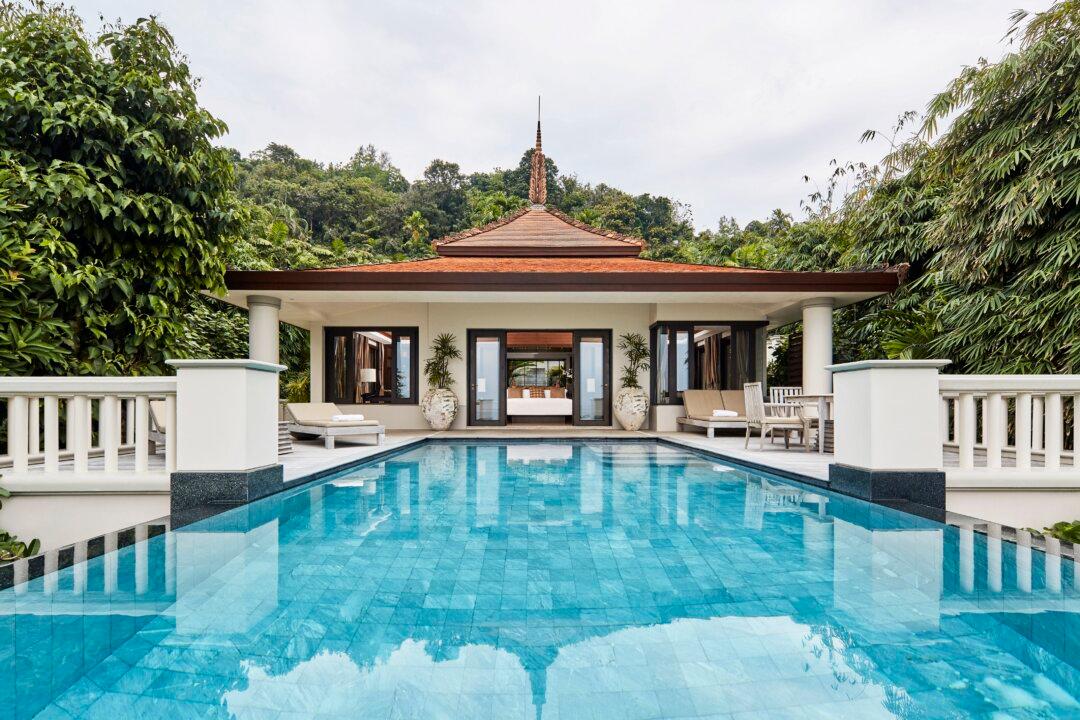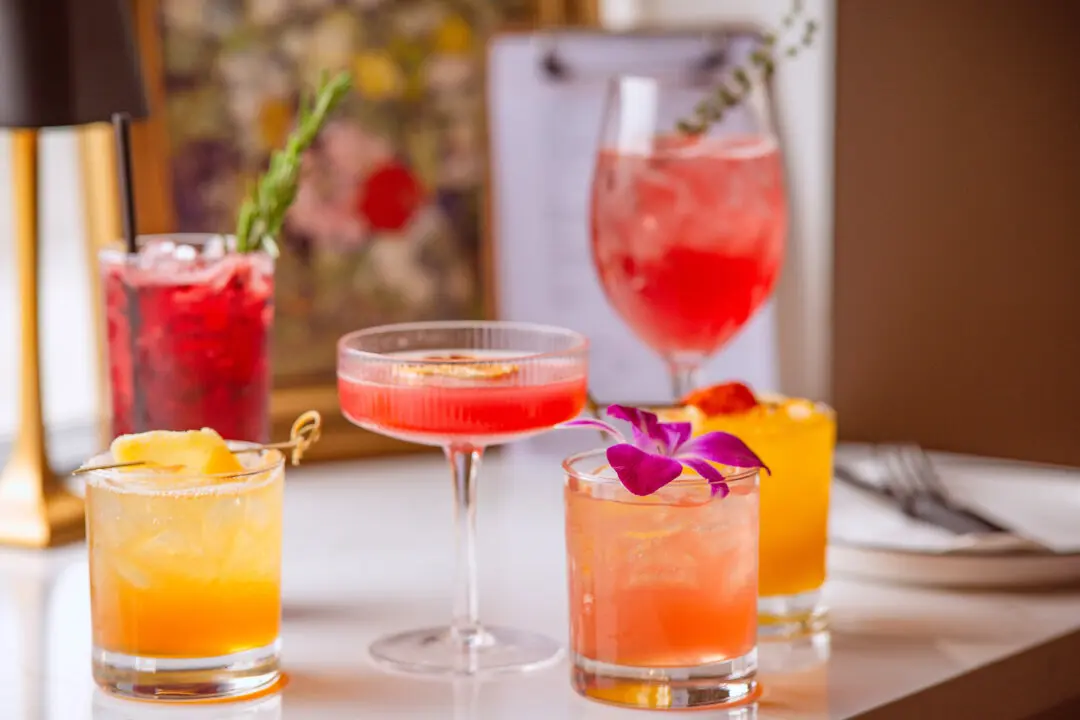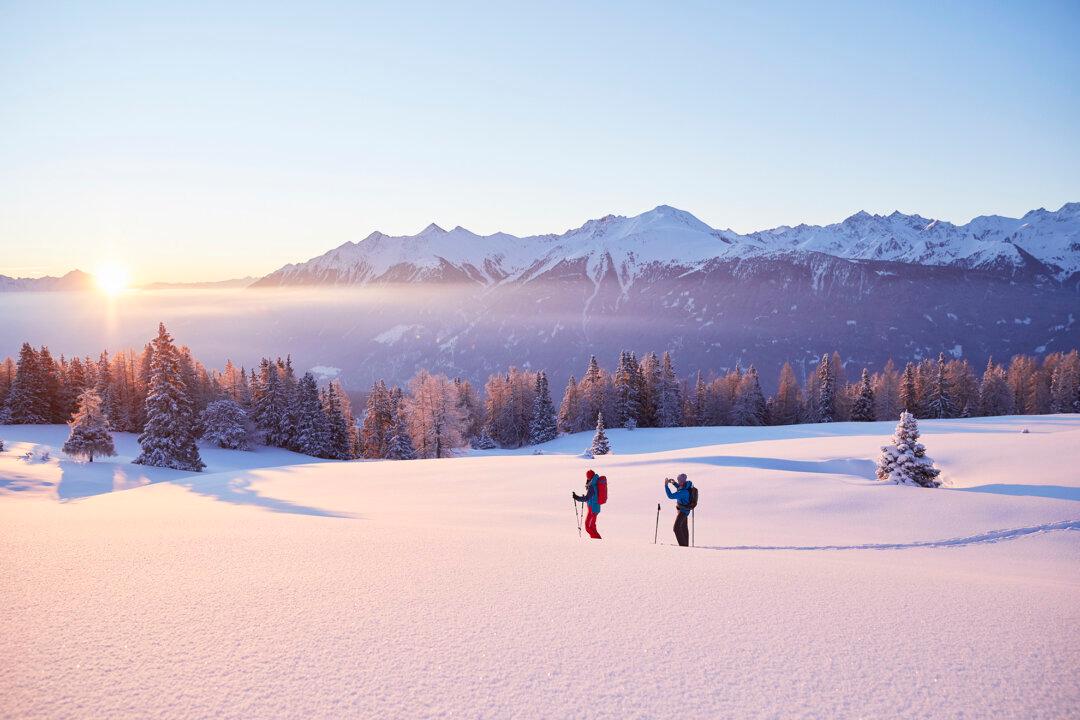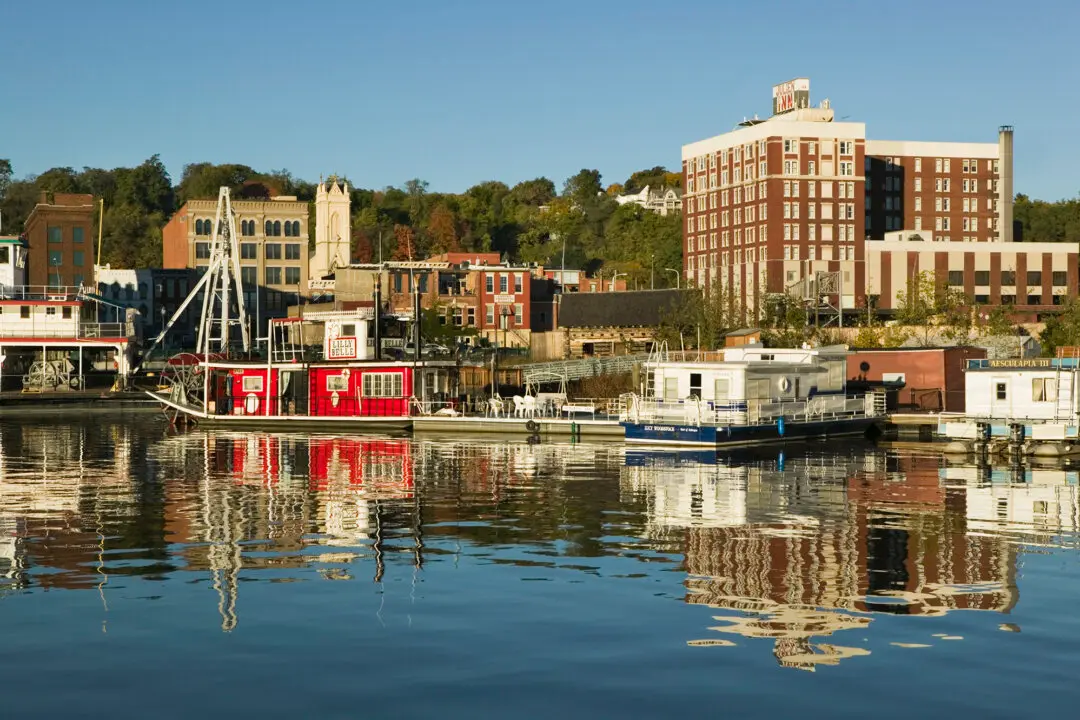I am midway up a tropical hillside, up to my neck at the far edge of my private infinity pool and staring out into the Andaman Sea. A light breeze rises up to me over the palm trees below, and the only other sign of humanity I see from this angle are a couple of red-tiled villa rooftops farther below me. An island lies a mile offshore, and beyond it the late afternoon sun is heading for the horizon as I wait in anticipation for its final show for the day. But everything surrounding my private villa is glowing green. I hear nothing but birds and the rising and falling buzz of cicadas.
I’ve been to fine resorts where grounds crews parade through with loud leaf blowers and spend an abundant time watering lawns as crisply cut and contrived as any golf course. Lovely to some, but something I’ve found so unnatural and, frankly, repetitive. Give me the specificity of local natural beauty, particularly in a lush exotic destination. Why fly halfway round the world to stay at what resembles a country club down the road back home? And why dine on a buffet of foods no locals could find in the grocery store? What a joy it was, then, to find a lush hideaway that not only nestles into the natural environment but also employs eco-conscious practices, grows much of its own produce, and sources most of the rest of the food from its home nation. Such is the case with Trisara, a luxury resort on Thailand’s often over-touristed island of Phuket.





